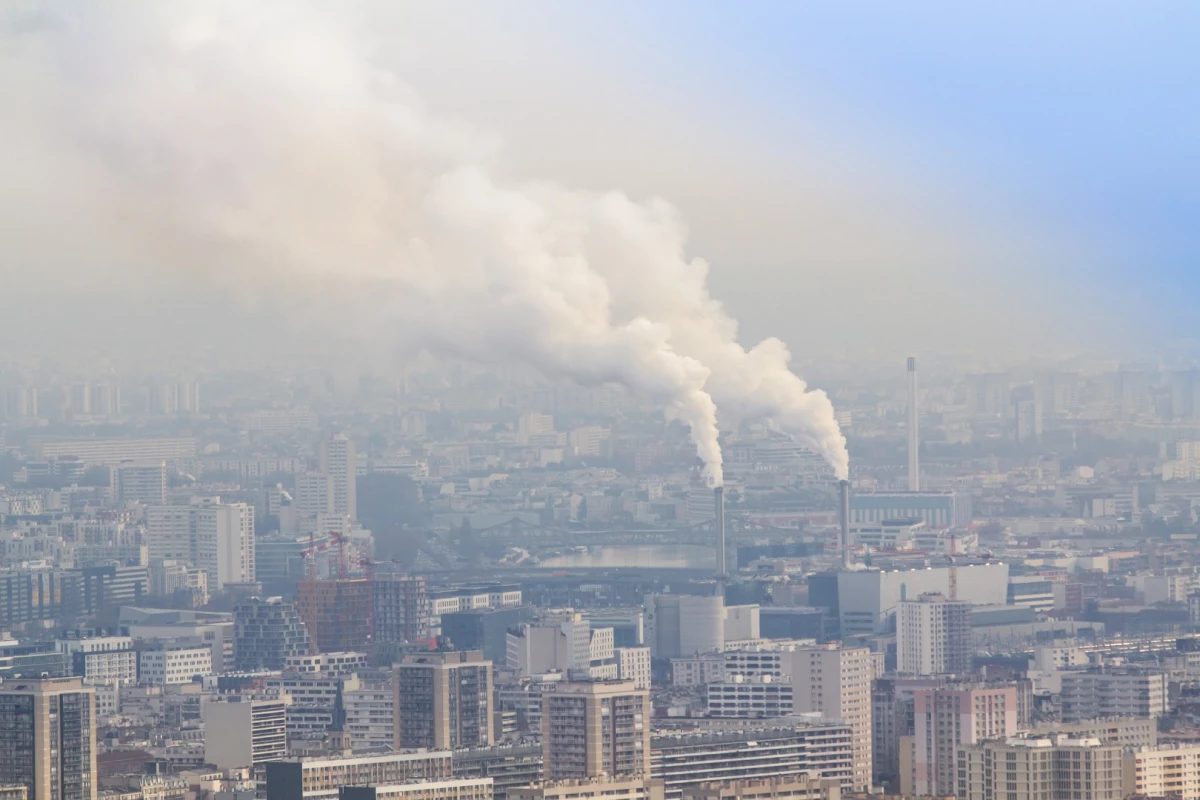A new report highlighting the grim threat posed by climate change to human health has estimated that in 2015 almost 3 million lives ended prematurely as a result of ambient air pollution, and that millions more living in cities - including the elderly - are at risk from extreme temperatures. The research was authored by a coalition of doctors, academics and policy experts from 27 organizations spread across the globe.
The researchers estimate that the number of people subjected to dangerous heatwaves in 2017 has risen by 157 million compared to the year 2000. These heatwaves are particularly deadly to older populations living in cities in Europe and the Eastern Mediterranean, and individuals suffering from medical conditions.
"Heat stress is hitting hard - particularly among the urban elderly, and those with underlying health conditions such as cardiovascular disease, diabetes or chronic kidney disease," states co-chair of The Lancet Countdown on Health and Climate Change and director of the Institute for Human Health and Performance at UCL, Hugh Montgomery.
Experts behind the new research estimate that 43 percent of urban residents in these regions over the age of 65 are vulnerable to extreme heat events, compared to 34 percent in Asia.
Also highlighted in the report were the dangers posed by air pollution. Some 97 percent of cities in low to middle income countries fail to meet the air quality guidelines set out by the World Health Organization (WHO).
A wide range of sectors contribute to air pollution, from industry and transport to agriculture and power. It is estimated that ambient air pollution led to the premature deaths of over 2.9 million people globally in 2015. The report attributes 16 percent of these deaths to air pollution created by burning coal.
According to the report, heatwaves brought on by climate change are having a dramatic effect on productivity. The researchers concluded that 153 billion hours of work were lost due to extreme heat events.
This is an increase of 62 billion hours of labor lost compared the year 2000. In 2017 alone, India is estimated to have lost 75 billion hours, which is the equivalent to nullifying 7 percent of its total working population.
Other menaces are also covered in the report. For example, unseasonably warm temperatures are contributing to the spread of mosquito borne diseases such as malaria and dengue fever. Furthermore, many countries are experiencing a reduction in crop yields as extreme weather events become ever more common.
Among the steps that the report recommends should be taken are stronger and more comprehensive regulations designed to protect workers at risk from temperature related hazards.
"In high temperatures, outdoor work, especially in agriculture, is hazardous," comments Montgomery. "Areas from Northern England and California, to Australia are seeing savage fires with direct deaths, displacement and loss of housing as well as respiratory impacts from smoke inhalation."
Another vital step would be to strengthen the health systems' ability to cope with heat related illnesses. However, the authors of the study note that even the best prepared hospitals may not be resilient enough should climate change continue unabated. Core public health infrastructure could be disrupted, and services overwhelmed.
The research has been published in The Lancet Medical Journal.
Source: The International Institute for Applied Systems Analysis




